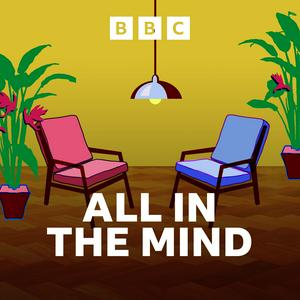How well can you remember the details of your childhood? Sometimes, the memories are there, but a little hazy. But what if you could trick your brain into thinking you looked like your younger self again? Would that help you recall more childhood memories? A new study has tried exactly this, so Claudia Hammond meets Professor Jane Aspell to have a go at an illusion that makes you believe you have a younger version of your face.
Imagine navigating across an ocean, only using the feel of waves hitting your boat to locate yourself. That’s exactly what master navigators in the Marshall Islands do, and in August, Professor Hugo Spiers and doctoral student Maria Ahmad joined local sailors on a three day voyage in the Pacific. They tell Claudia how Marshallese sailors are able to navigate in this way and what this can teach us about the brain.
And Claudia is joined in the studio by Daryl O’Connor, professor of psychology at the University of Leeds. Daryl shares how self-affirmation can be an easy intervention to boost wellbeing, and new research on why the more often you see a public health campaign, the less your brain engages with the message.
Presenter: Claudia Hammond
Producer: Sophie Ormiston
Editor: Ilan Goodman
Studio Manager: Sue Maillot
Production coordinator: Jana Bennett-Holesworth


